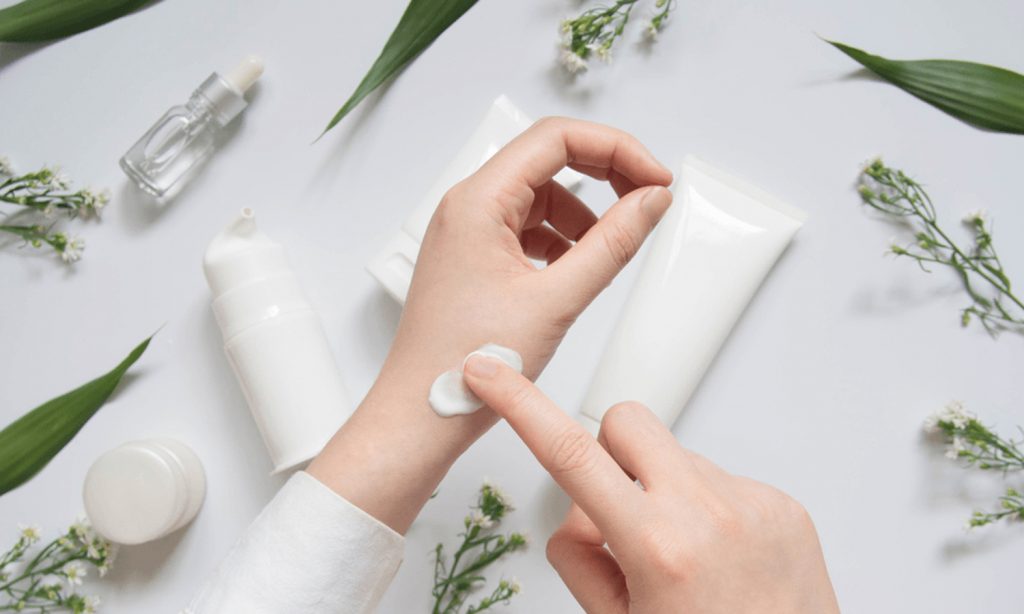Which Products Benefit From Efficacy Testing


Before a product is launched, it must undergo a rigorous testing process to measure its effectiveness. Efficacy testing gives brands the evidence and the certainty that the product will perform as advertised in marketing materials.
Some food, beverage, household product brands view efficacy testing as a burden and try to launch products without scientifically substantiating their claims. However, regulatory bodies in the UK and EU have hefty fines and penalties for brands that unsubstantiated marketing claims.
Investing in efficacy testing holds many benefits for your brands. Efficacy testing gives consumers certainty that your product is of high quality. The trust your consumers have in your brand can lead to improved brand acceptance and increased profits.
So, which products need efficacy testing? Below we provide a guide to help you take advantage of the benefits of efficacy testing.
Efficacy testing is a product research method that tests the attributes of your product. Efficacy testing allows for scientifically supported claims, which will give your brand the confidence needed to market your product ethically. Experts using scientific methodology will conduct the efficacy testing, resulting in objective metrics that you can use to support your product claims.
Brands invest in packaging research to stand out on grocery shelves. Still, efficacy testing is just as crucial to building a relationship and convincing your target audience that your product performs as advertised.
During the efficacy testing process, your product will undergo scientific testing to confirm all your marketing claims. For example, if a deodorant claims to offer 24-hour-protection, it will have to undergo rigorous testing before the claim appears on any marketing materials.
There are a wide range of efficacy testing methodologies. The suitable testing method for your brand will depend on the nature of your product. Products such as antiperspirants and deodorant must undergo testing by trained assessors. Makeup products, on the other hand, undergo clinical trials.
After your chosen efficacy testing company has conducted the tests, you will receive a comprehensive report containing the findings of the tests. Based on the data received, you can adjust your product or move on to sensory research to prepare your product for the market.
Food, beverage, personal care, home cleaning, and toiletry products are among the long list of products that can benefit from efficacy testing.
There are two types of claim support testing. Product claims focus on your product’s performance. For example, “9 out of 10 people thought this product effectively cleans grease.” In comparison, competitive claims compare your product to its competitors. For example, “80% of people thought the product cleans more effectively than the leading brand.”
Any product that makes a claim about its performance can benefit from efficacy testing. To determine which type of claim support your brand requires, you should contact a professional company such as Wirral Sensory Services.
Over the last 20 years, Wirral Sensory Services has helped UK brands develop products that consumers love and trust. We use robust product research methodologies based on your unique product requirements, delivering insightful and evidential feedback that you can use to grow your brand.
Efficacy testing is not a one-size-fits-all affair. Various factors go into carrying out efficacy testing on your product. Those variable elements include claim support techniques, preparation methods, demographics, and location, to name a few.
We can offer expert advice on what you need to have in place for your specific testing requirements and prevent any issues with regulatory authorities by having the tests conducted accurately by experts.
At Wirral Sensory Services, we provide the support our clients need to create industry-leading products that can withstand any efficacy challenges made by competitors. Contact us today, and one of our expert team members will get you started with an obligation free quote.